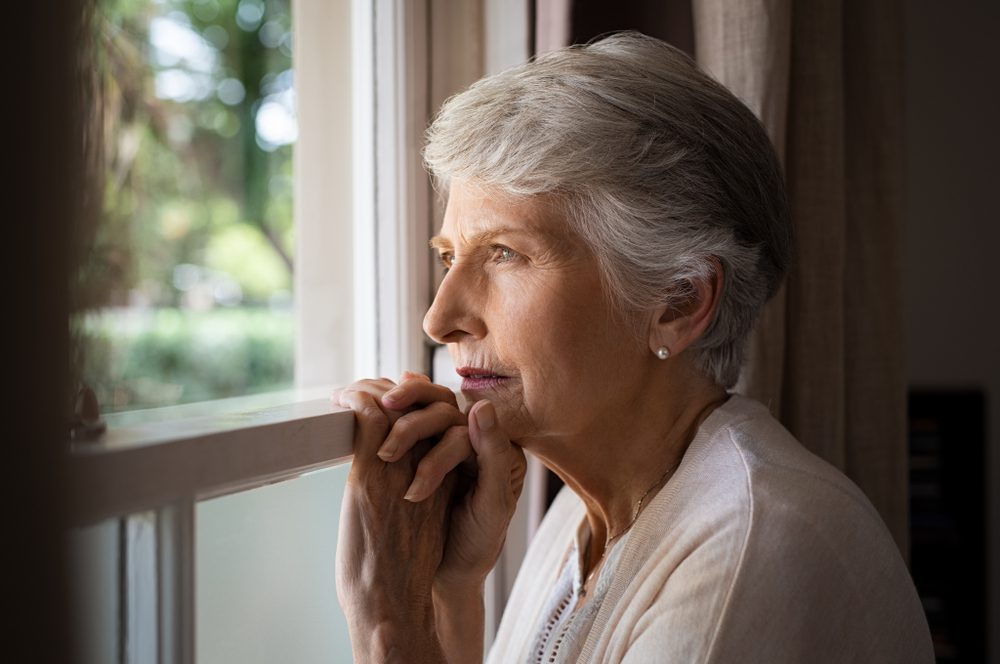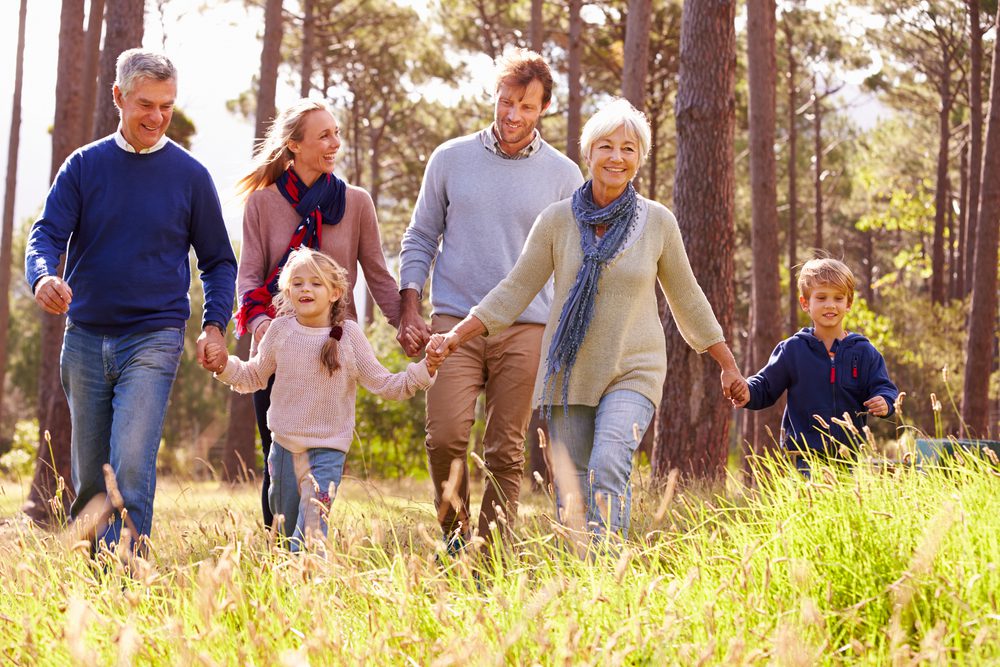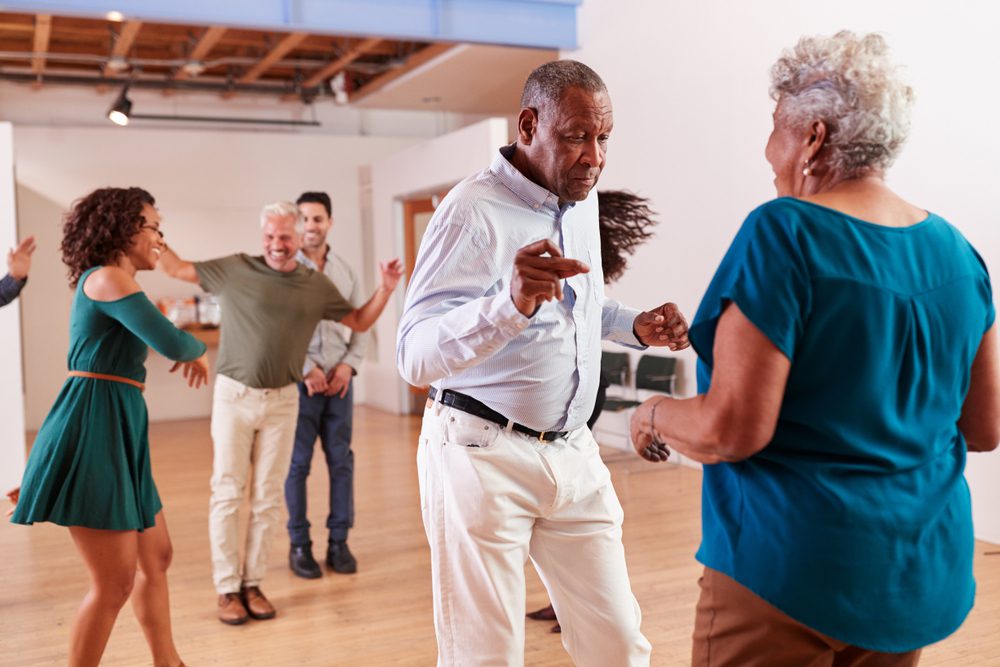If you or an elderly person you love has been feeling lonely, this article’s for you!
As human beings, we desire to live as healthily as possible and to pursue happiness and success. But there should be a balance between your physical and mental well-being.
When we’re talking about senior wellness, it’s usually associated with either physical health or the prevention of dementia. But we often forget that older people might also be struggling with depression or simply being lonely.
The sad truth is that isolation is widespread among elders. That’s probably because there are fewer opportunities for social interactions than in their younger years. And as you get older, your trusted social circle begins to shrink.
There are also the issues of illness, mobility, and transportation. Embarrassment can also play into it. Therefore, it’s vital to empower them to be able to fight feelings of loneliness. In a world with so many people, there’s no need for anyone to be feeling lonely.
So let’s explore 8 ways in which you can help an elderly loved one find ways to stay connected and feel less isolated.

Feeling Lonely? These Feelings MUST Be Validated
If you or someone you love begins to notice that you always seem to be feeling angry, sad, anxious, or maybe even all of the above and more, the first and most crucial step you should take is to actually accept these emotions.
Don’t try to be a good sport or altogether ignore them, no matter how uncomfortable you think they might be. Your feelings are real and valid, and they need to be respected. It’s not a healthy process to pretend that everything is okay when it isn’t.
One common way people choose to cope is to say: I just have to get through the day. That’s not an optimal solution, and it will only hurt you in the long run.
Feeling Lonely? Visit In Person As Often As You Can
Visiting in person is not only much better than calling because you can get a better sense of how people are doing and seeing what’s going on, but it’s also very valuable for seniors to see other individuals and feel the benefit of someone’s physical presence.
And while Covid has made this a little more difficult for us all, things seem to be picking back up. Studies have shown that platonic touching, like hugging or handholding, has been known to lower stress and encourage feelings of well-being.
So, even if you or a loved one are not touchy-feely types, make an effort to add an element of physical touch to every interaction with loved ones, including a friendly hug in your greetings and goodbyes.
If distance and time make visiting one another difficult, then you can also help a beloved senior by arranging for elderly care at home services.
Having a caregiver around to visit your loved one and help with daily chores, or simply provide some friendship, can be a huge benefit.
Feeling Lonely? Try Some Light Therapy
Have you ever felt that, once fall rolls around, you seem to be in a depressive state…And when spring flowers begin to bloom, you’re all of a sudden in a more chipper mood?
Well, seasonal Affective Disorder is real, and it’s a type of depression that occurs in the autumn and winter seasons. It makes people feel less motivated, tired, and sad. And these seasons also tend to make people sleep more than usually would.
Light therapy is given through a box or lamp that emits 10,000 lux, mimicking natural daylight.
Individuals who struggle with SAD have been found to have higher levels of a transporter protein which moves serotonin back inside the presynaptic neuron by 5%, leading to depression.
Those who suffer from being lonely or depressed have very low levels of serotonin, the happiness hormone. Enjoying your coffee out in the sun for about 20 minutes will allow your skin to absorb the UV rays that promote Vitamin D and boost serotonin levels.
Unfortunately, aging seniors might have limitations that lead to an insufficient amount of exposure to the sun.

Feeling Lonely? Move Closer To Family
One of the best things you can do to stop that lonely feeling in its tracks is to make sure that you spend your retirement years close to the people you love the most.
Making that move to be as close as possible to your family in your retirement might help you to fill your days with human connection and joy.
When you move to be closer to your family members, be sure that you talk with them first to figure out what kind of arrangement works best for both parties.
Some families are the happiest living right next door to each other, while other older people don’t mind being just a few small towns or even a couple of hours away.
Discovering the right fit for you will allow you to balance managing those lonely feelings with living your life to the fullest.
Feeling Lonely? Limit How Often You Watch The News
It’s essential to stay up-to-date on what’s going on in the world, especially with the Covid situation. But it’s equally important to unplug from it every once in a while.
Try turning to the news when you have specific questions in mind, and once you feel like those questions have been answered, turn off your TV. You might not have thought of this, but limiting the news is, in fact, all about limiting your intake of anxiety and dread.
We keep hearing the worst-case stories of COVID, especially with seniors and other vulnerable communities.
While it’s true that we need information and resources, once we start getting flooded with neverending reports of loss, it creates a sense of despair, and that won’t help us in any way.
Feeling Lonely? Try Volunteering
Becoming a volunteer is another great way to maintain and express a sense of purpose for those who are in their senior years.
Giving seniors the opportunity to help their community will help them preserve their independence while also keeping them from feeling lonely and isolated all the time.
Volunteering their time provides an assortment of benefits for lonely older folks, both mentally and physically. Becoming a volunteer encourages physical activity and will also keep the brain active.
According to studies by the National Institute on Aging, it’s been shown that partaking in a myriad of meaningful activities may lower one’s risk of dementia and physical health issues in seniors.
Feeling Lonely? Adopt A Pet
Animals will never be able to replace humans. However, they can make lonely elders a little happier. Owning a pet will promote companionship and unconditional love, giving retirees a better sense of purpose!
It will also encourage a more active lifestyle and enriched social interaction. If you or a senior you care about is always feeling lonely, think about or talk to him or her about adopting a pet.
Even the process of choosing the type of animal you want will be something exciting to look forward to. And having the pet will get you up and moving. So, what type of pet would YOU choose?

Feeling Lonely? Find A Hobby
Whether it’s resuming a hobby you once loved or starting a new one, it’s a good idea to have something that keeps you passionate and looking forward to on a regular basis. If you don’t know what to choose, consider one of the following hobbies:
- Dancing
Signing up for a senior-oriented dance class once a week can have a positive impact on an aging person’s wellness. These classes can become a regular routine, and habits provide a sense of comfort. Dancing is also a great social activity. So attending these classes can help increase muscle movement and mobility. - Crochet Knitting
Knitting a masterpiece is simple but rewarding to gift to your loved ones. And the fantastic part is that you can o it at home while watching TV or invite a few friends over to knit and chat as a great social activity! - Choir
There happen to be lots of community choirs looking for people to join them. If you’re a fan of singing, you have the perfect opportunity to learn how to sing with a group. Singing has many positive mental health effects, encouraging the release of endorphins which we already know are the “happy” chemicals produced in your brain. - Tai Chi
This Chinese martial art was voted the perfect exercise for seniors by many publications. It combines increased muscular power and improved heart function, making it a mild exercise for seniors to uphold good health.
We hope you enjoyed reading a few of our tips on what to do if you’ve been feeling lonely. But we’ve got many more informative articles for you to read. We highly recommend you also check out: Mood Swings: Normal or Not?…and 4 Simple Ways to Dominate Them














